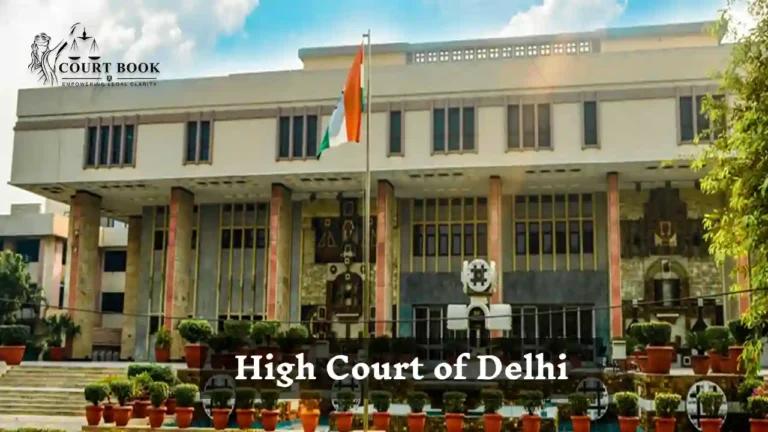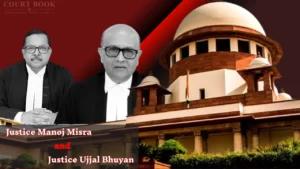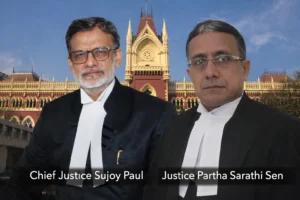In a significant ruling on Wednesday, the Delhi High Court dismissed contempt proceedings against former Principal Commissioner of Income Tax (Central-3) Anuradha Misra, observing that her conduct did not amount to "wilful disobedience" of a prior court order. Justice Vikas Mahajan delivered the judgment on October 8, 2025, bringing to a close a case that had lingered for nearly six years.
Background
The controversy began when the tax department raised a demand of over ₹8 crore against an assessee, Dhruva Goel, for multiple assessment years between 2011 and 2017. Goel had approached the appellate authority and sought a stay on recovery, offering to pay ₹50 lakh pending appeal.
However, Misra, then serving as Principal Commissioner, rejected the plea and directed payment of 20% of the total tax demand relying on a CBDT circular issued in 2016 (and amended in 2017). The Delhi High Court’s Division Bench later set aside her order, noting that she failed to justify why the taxpayer should be forced to deposit 20% instead of a lesser sum.
Read also:- Supreme Court Grants Bail to Juvenile in POCSO Case, Urges Early Sex Education in Schools
The bench had then directed Misra to reconsider the stay application within two weeks, warning against coercive recovery until a reasoned order was passed.
Court's Observations
When Misra issued a fresh order on April 5, 2019, it largely mirrored her previous one. That prompted another writ petition, leading the court to issue a show-cause notice for contempt, stating that her action appeared to be a "reiteration" of the set-aside order.
Responding to the notice, Misra filed an affidavit explaining that her order was based on the CBDT’s 20% rule and the taxpayer's sound financial condition. She maintained there was no intention to disobey the court and tendered an unconditional apology if her actions had caused any displeasure.
Justice Mahajan carefully examined whether the officer’s conduct crossed the threshold of civil contempt under Section 2(b) of the Contempt of Courts Act, 1971 which requires proof of "wilful disobedience." The Court observed that contempt is not made out merely because an official’s decision is incorrect or inadequately reasoned.
"An act may amount to disobedience, but unless it is deliberate, intentional and done with bad motive, it cannot be treated as contempt," the bench noted, citing precedents like Ashok Paper Kamgar Union v. Dharam Godha and Dinesh Kumar Gupta v. United India Insurance Co.
The Court also relied on the Supreme Court's principle in S.S. Roy v. State of Orissa (1954) that an error of judgment or mistaken interpretation, without corrupt motive, does not attract contempt liability.
The Court's Reasoning
Justice Mahajan highlighted that Misra's second order though brief was not devoid of reasoning. She cited three bases for her decision:
- The CBDT circulars mandated a 20% deposit for stay of disputed tax.
- The assessee's financial records reflected sufficient means to make the payment.
- The taxpayer had not submitted proof of financial hardship.
The judge remarked that "the order does reflect due application of mind," even if it did not elaborate every aspect expected by the earlier Division Bench.
"In the facts and circumstances of the case, the Court does not find any wilful disobedience or bad motive on part of the respondent," Justice Mahajan observed.
Decision
Concluding the matter, the Delhi High Court held that Misra's conduct, at worst, represented a technical or inadvertent error, not contempt. Accordingly, the Court dropped the proceedings and disposed of the petition.
"No case is made out to proceed with the contempt petition. The contempt proceedings are, accordingly, dropped," the Court declared.
With this order, the bench effectively exonerated the retired tax officer, who had continued to attend all hearings even after her retirement in 2021.
Case Title: Court on its Own Motion vs. Anuradha Misra
Case Number: Contempt Case (Civil) No. 506 of 2019
Date of Judgment: October 8, 2025














